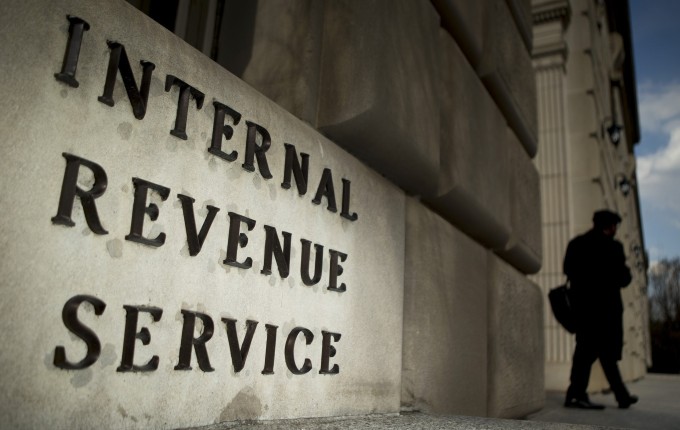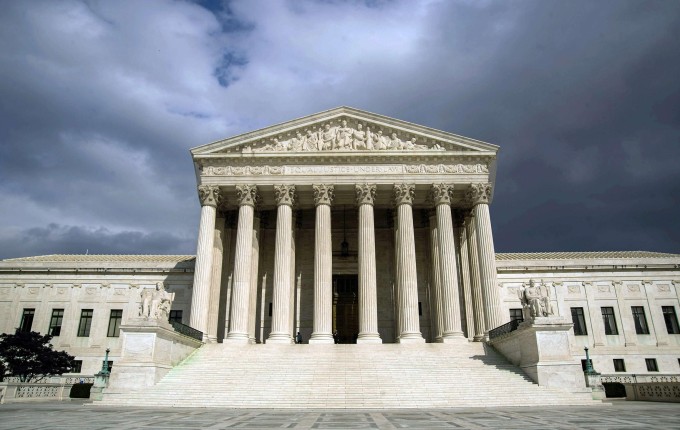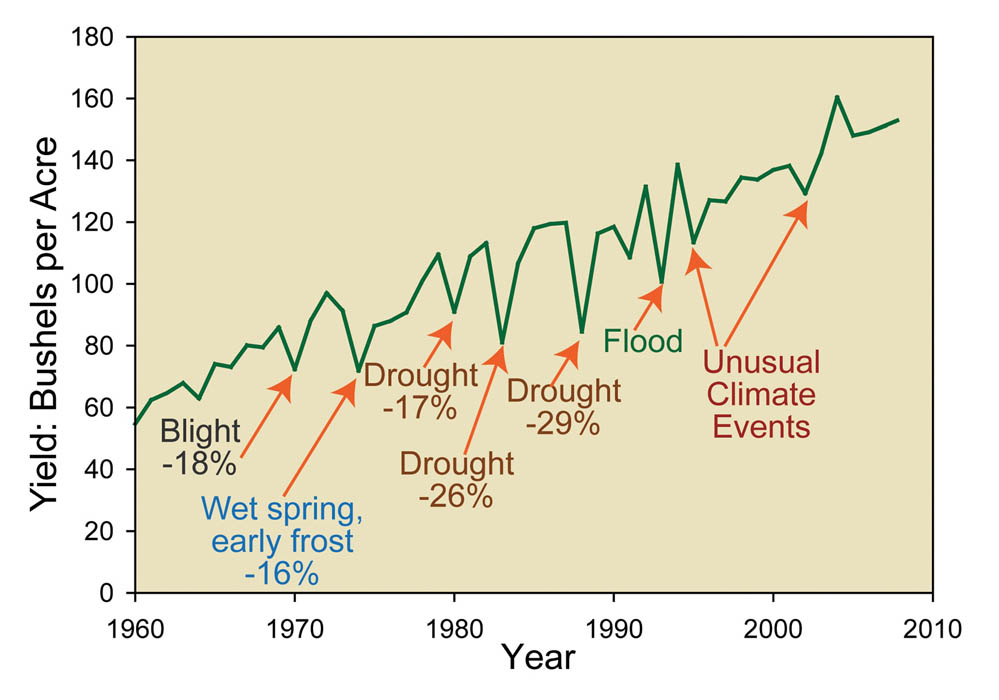June 7th. That’s next Tuesday. Mark it on your calendar. Circle it. Put it in your phone and set a reminder. That’s because next Tuesday, June 7th is the date of North Carolina’s Congressional primary election. (The ballot will also include a North Carolina Supreme Court Associate Justice race and possibly local races too.) You might be thinking, ‘but I already voted in a primary back in March’ and you’d be right. But without getting into the weeds too much, your vote in any Congressional race during the March primary hasn’t been counted and probably won’t ever be counted. The primary election on Tuesday, June 7th includes Congressional races again and this time your vote will be counted*, so it’s important that you go vote.
 State Government / Taxes / US Government
State Government / Taxes / US Government
Tax Day is right around the corner, and people from all across the country and from all walks of life are working through the complex and confusing process of filing their taxes. Like everyone else, farmers (and their tax professionals) have to work through a maze of rules and regulations to complete their returns. As Tax Day approaches, let’s take a moment to make some observations about farmers and taxes.
 Agriculture / Legal / US Government
Agriculture / Legal / US Government
Last week, the Supreme Court of the United States heard oral arguments in US Army Corps of Engineers v. Hawkes Co., Inc. The case is significant for a number of reasons: it could have major implications on how landowners are allowed to use their property; it could strike a blow to regulatory overreach by government bureaucrats; and it could provide insight into how the Court will view environmental regulation in future cases.
Unlike the NCAA basketball tournament, the first round of North Carolina elections—last week’s primary—didn’t result in big upsets or surprises. The council of state races held as projected and, for the most part, incumbents in the state house and senate will be moving on to their general elections or returning to Raleigh for the 2017 long session.
Today, instead of analyzing individual races across the state, we will focus on the Farm Bureau-supported Connect NC Bond results and discuss a few voting trends that continue to emerge in urban and rural areas. (If you’re interested in learning about those other races, we highly recommended you read the NC Free Enterprise Foundation’s post-primary briefing.)
As the 2016 Primary nears, all eyes and ears will be on the races for president, governor, and Congress. There’s no doubt that the presidential primary has been a bit of roller coaster. But in these uncertain times, we urge all North Carolina voters to make your voice heard and get out to vote on March 15th.
Last week we told you about the difficult year North Carolina farmers had in 2015. This week we want to show you how that bad weather has converged with a few other factors to put many farmers in a really tight spot as they prepare for the 2016 growing season.

First of all, weather is always a wild card in agriculture. Here’s a chart (Figure 1) showing how weather events have affected US corn production over the last 50 years. Nearly every decrease in crop yields can be attributed to some adverse weather event. Farmers certainly understand this and do everything they can to manage risk, but there’s only so much they can do when extreme events occur.

